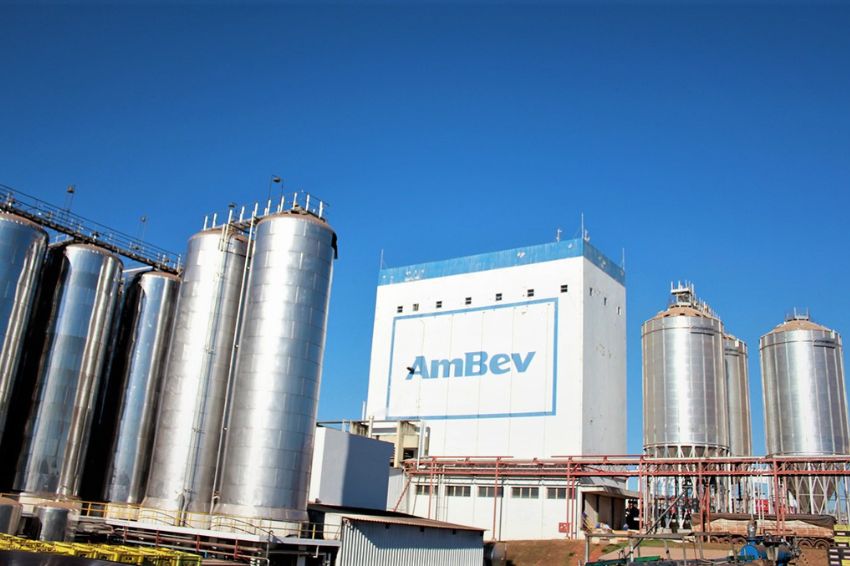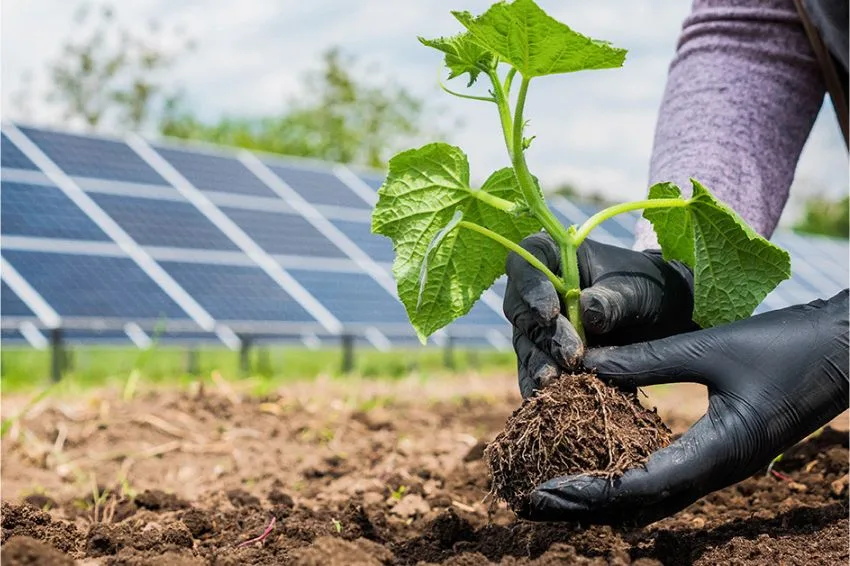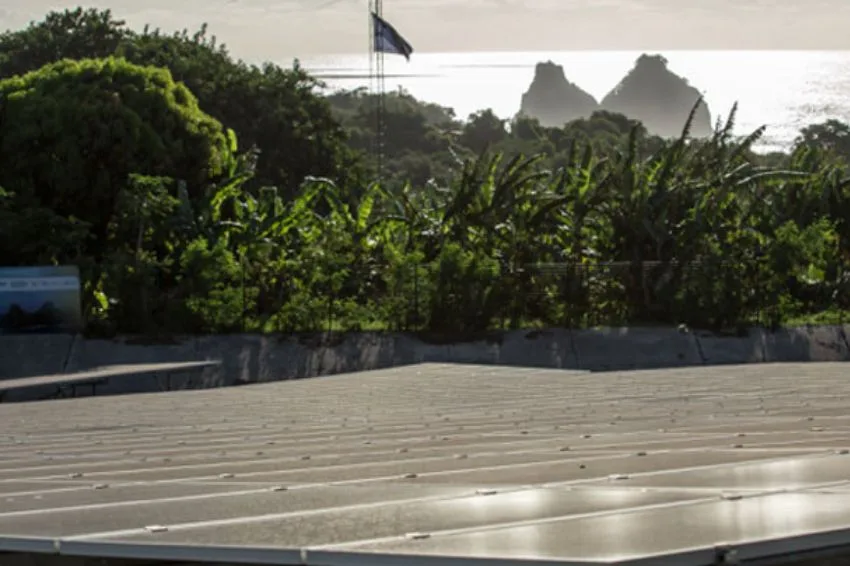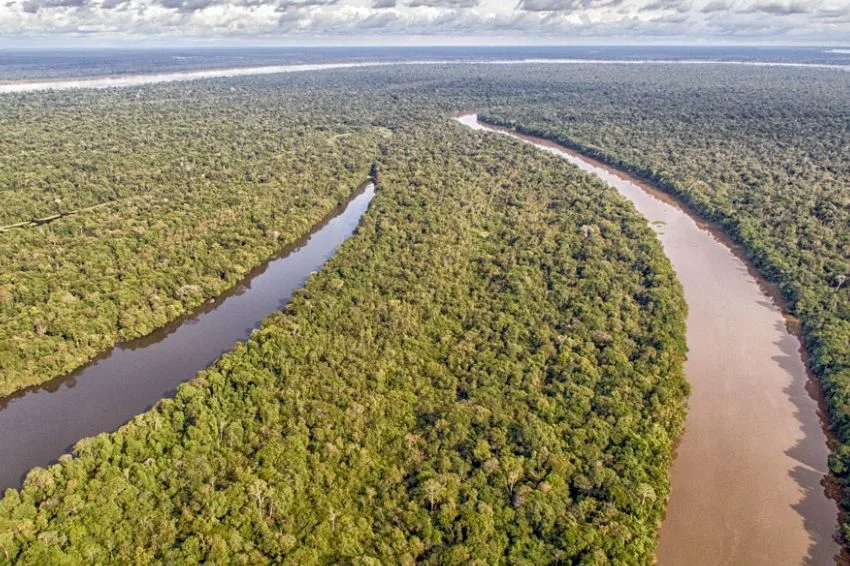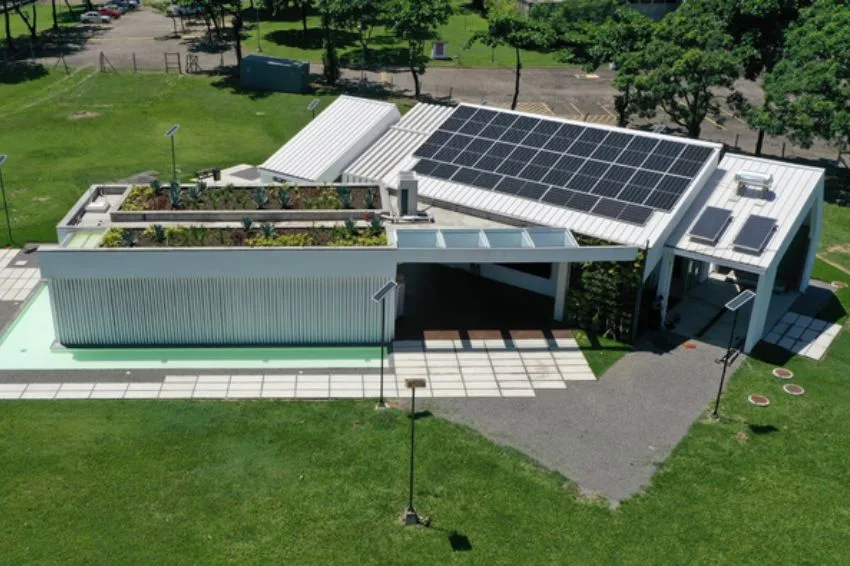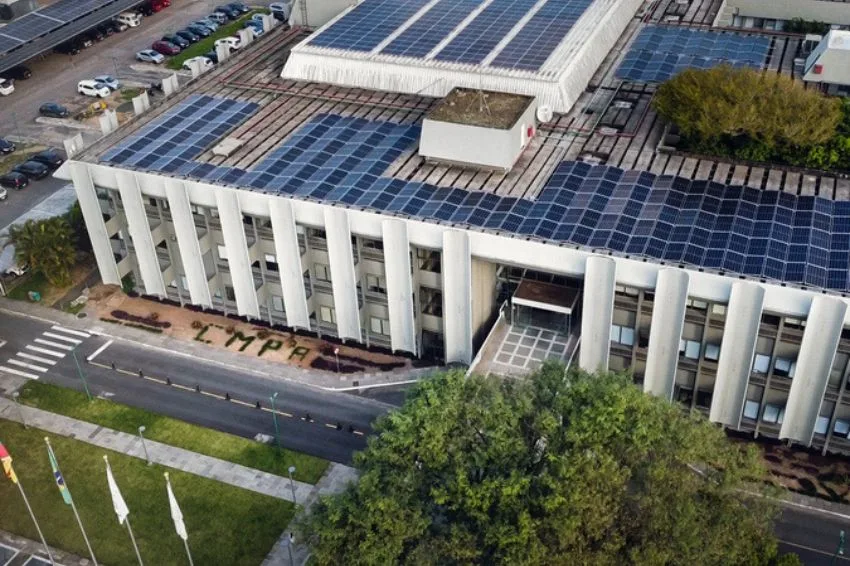O National Climate Change Awareness Day is celebrated this Thursday (16). The date reinforces the importance of adopting more sustainable practices, a commitment that Sindicerv (National Union of the Beer Industry) announced that it is adopting it over the years.
The sector is advancing in the implementation of initiatives aimed at preserving natural resources and energy transition. The main objective is ensure that by 2023 all production is supplied with clean energy, reducing carbon emissions related to purchased energy to zero.
To achieve a low-carbon economy, those associated with Sindicerv already adopt the use of clean technologies, such as photovoltaic and wind energy generation and more efficient production processes, implemented in the production, distribution and engagement of the beer value chain by reducing emissions.
“Brazil is a country rich in renewable resources for electricity production and has one of the cleanest energy matrices in the world, and associates have taken advantage of this great potential to promote numerous initiatives in search of sources that result in a lower impact on the environment. environment”, highlighted Márcio Maciel, executive president of Sindicerv.
Therefore, the Ambev and the Heineken Group have been operating mainly with a focus on four fronts: energy generation, production, distribution and promotion to consumers and retail.
Power generation
In energy generation, four of the entity's breweries are already 100% supplied with renewable energy and, by 2023, the goal is for all production to be supplied with clean sources.
To this end, the sector has been working on diversifying electrical energy into solar, wind and thermal energy and replacing fossil fuels, such as natural gas and BPF oil.
Electric trucks
In distribution, the aim is to increase the fleet of electric trucks, from the current 220 to 2600 by 2025, as an alternative for optimizing fuel consumption and reducing carbon emissions. The vehicles will be powered by renewable energy generated by their industries or through the purchase of certified renewable energy.
Another measure adopted is the conversion of diesel trucks to electric vehicles, as well as forklifts in distribution centers, which should have their fleet powered by renewable energy by 2025.
Consumers and retail
For consumers and retail, the industry stated that it invests in raising awareness, encouraging and facilitating the use of technology — a measure that can reduce energy costs by at least 10%. Furthermore, the beer sector is a partner in platforms that connect small and medium-sized points of sale to clean energy generation.
At points of sale, 100% of refrigerators already meet global efficiency standards, which brought a reduction of 50% in energy consumption and carbon emissions, at the end.
“These and many other actions that are being developed and implemented will contribute to reducing greenhouse gas emissions with the aim of achieving the goal of neutrality throughout our value chain by 2040”, concluded the executive.


